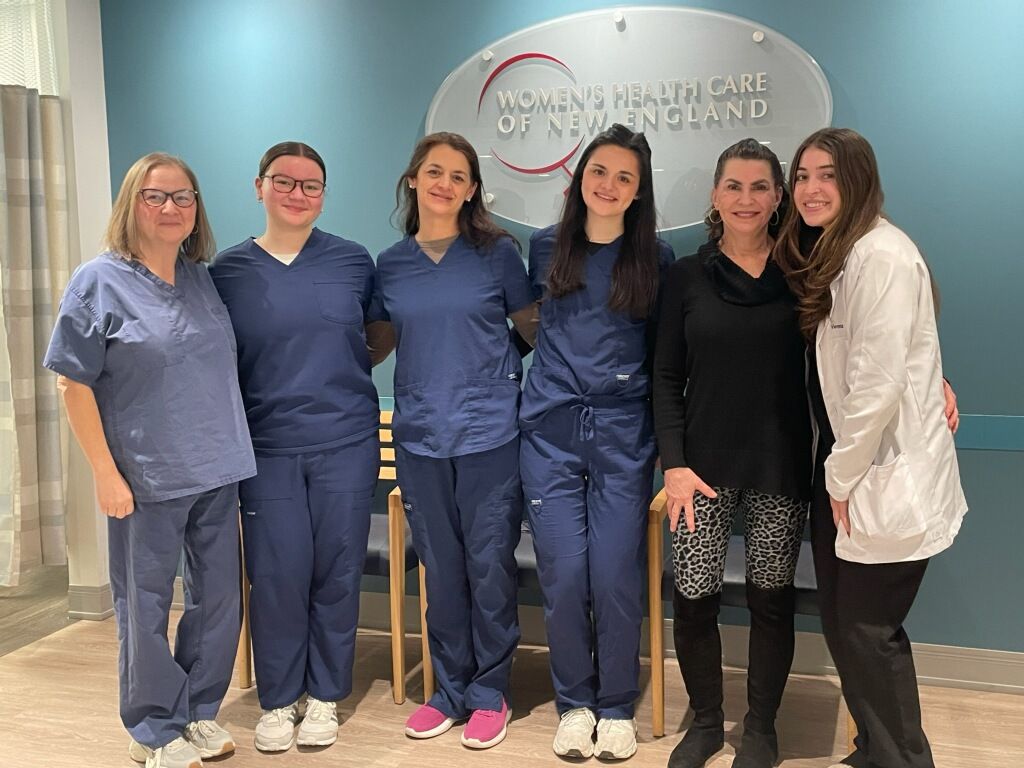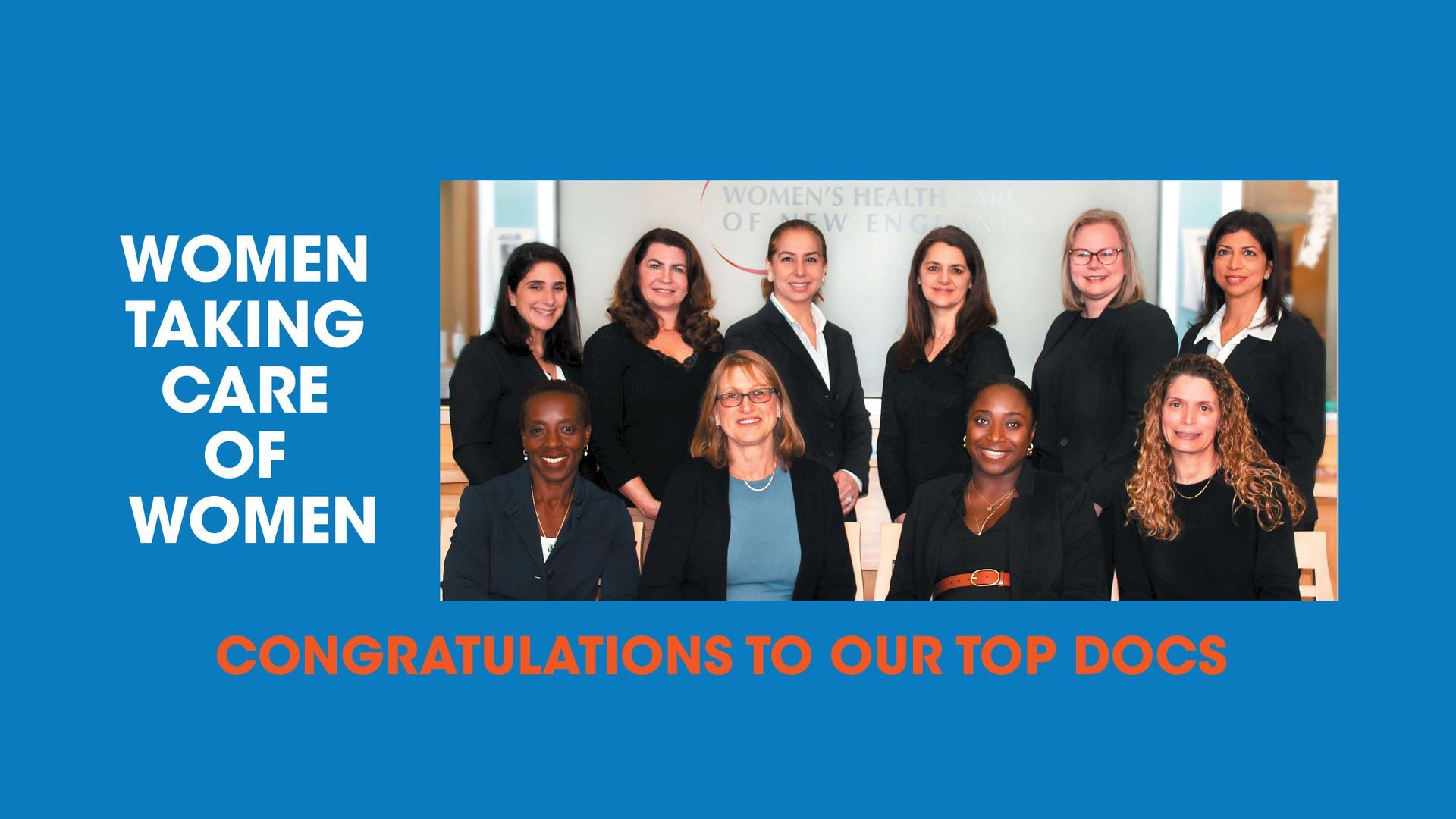What women should know about extended cycle oral contraception
Nicole Protomastro • December 1, 2019
I have a young woman in my office. She’s 18 heading off to college on a swimming scholarship. She would like to discuss starting a birth control method. ” I have pretty heavy and painful periods”, she says. “How about a seasonal pill?” I ask. “A seasonal pill will give you a menstrual period only 4 times a year compared to the usual 13”. “I don’t know”, she says, “Is it safe?” “Don’t I need a period to keep my body healthy?” This is a very typical response that I get from both young and older women.
According to the National Institutes of Health, today’s American women have more periods in their lifetime then ever before, approximately 450! If you compare that to a century ago when women lived on farms or rural areas when they had about 150. Why so different? Well, back then women entered puberty later, had more children, and breast-fed longer. So I ask you reader, does it make sense that modern day women have 450 periods just to give birth to an average of 2 children in their lifetime? In the US, menstrual related disorders are extremely prevalent, affecting about 2.5 million women from 18-50 years old. About 25 percent of those women will spend about 10 days in bed a year. Not only was oral contraception going to help prevent millions of unplanned pregnancies but it would help women with debilitating menstrual related problems. Oral contraception, first developed in the 1960s, would change the lives of women forever. The first packs of pills provided women with a week of placebo pills that when taken would create “a false period” designed to mimic a natural cycle. Part of the original thinking behind this was that women would be worried that they were pregnant if they stopped getting their periods. Remember over the counter pregnancy tests were not available then and a woman would have to visit her doctor to take a test. For a long time, it’s been sort of an open secret among health care providers that women could avoid getting periods for months at a time by taking the pills continuously. It was just a matter of time before an oral contraceptive was developed to do just that.
Many women incorrectly believe that monthly menstruation is necessary to cleanse or purge the body of toxins. However, the biological purpose is to prepare the endometrium (lining of the uterus) for pregnancy. Without hormones, a normal, healthy woman will release an egg once a month, and her uterus will build up a thick blood rich lining to receive the egg in case it is fertilized by a man’s sperm. If the egg isn’t fertilized, the lining sloughs off and leaves the body as a menstrual period. But when a woman is on the pill there is no ovulation (release of an egg) and the uterine lining stays thinner, creating a much lighter menses, a false period. In reality, if a woman does not want to get pregnant, she does not need to have a false period. There is no medical reason for this. Menstrual blood will not build up and she will not experience larger than normal amounts of blood even during her 4 times per year period.
Women should be aware that just like regular oral contraceptives, extended cycle contraceptives carry risks. These risks increase if you smoke, are obese, have a clotting disorder, high blood pressure, diabetes or high cholesterol. Always discuss your health history with your health care provider before starting extended cycle contraception. Extended cycle contraception has been approved by the FDA and has been shown to be safe and effective in thousands of women. Ask your health care provider at Women’s Health Care of New England if the extended-cycle regimen is right for you.

We are pleased to let you know that two of our APRNs — Laury Berkwitt and Catherine Levins— have taken a keen interest in offering hormone replacement management. If you are experiencing symptoms of menopause or hormone changes, they are available to evaluate your needs and, if appropriate, prescribe hormone therapy (HRT) tailored to your care plan.

Happy St. Patrick’s Day from the WHCNE family! Wishing you a joyful and festive St. Patrick’s Day! At Women’s Health Care of New England, we celebrate the spirit of community and care. Our dedicated team is here to support you with quality, compassionate healthcare. Enjoy the day in good health and happiness!









